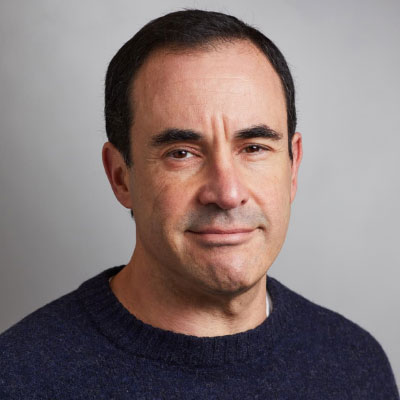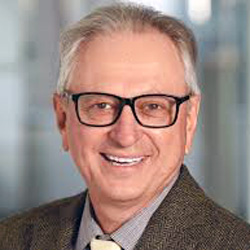2022 Shkreli Awards
JANUARY 10, 2023 — Welcome to the 6th annual Shkreli Awards, the Lown Institute’s top ten list of the worst examples of profiteering and dysfunction in healthcare, named for the infamous “pharma bro” Martin Shkreli.
Nominees for the Shkreli Awards are compiled by Lown Institute staff with input from readers of Lown Weekly. An esteemed panel of patient activists, clinicians, health policy experts, and journalists help determine the winners. (press release | previous winners)
Dentist bags a bundle by breaking patients’ teeth
How did Wisconsin dentist Scott Charmoli go from fixing 434 crowns a year to more than 1,000? By purposely breaking patients’ teeth, according to federal prosecutors. Charmoli allegedly drilled into patients’ teeth unnecessarily and submitted photos of the damage to insurance companies to justify expensive procedures. This move elevated his salary by $1.1 million, according to the Washington Post. The scheme was uncovered when Charmoli sold his practice in 2019 and the new owners reviewed his files, noting the absurdly high rates of crown procedures. Charmoli was convicted of healthcare fraud and sentenced to 54 months imprisonment and over $1 million in fines.
SOURCE: Jonathan Edwards, The Washington Post; U.S. Attorney’s Office, Eastern District of Wisconsin
JUDGES’ COMMENTS:
Talk about supplier-induced demand! Oy, pass the laughing gas.
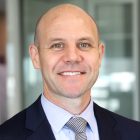
Adam Elshaug
A crowning achievement.

Gary Schwitzer
“Dangerous” doctor deemed a star by leadership despite disgraceful malpractice record
Image caption: A February 1999 advertisement for CMC’s New England Heart Institute in the Boston Globe, featuring Baribeau. Source: The Boston Globe
Leaders of Catholic Medical Center in Manchester, NH knew their renowned cardiac surgeon Dr. Yvon Baribeau had one of the worst malpractice records in the country. Yet they continued to support Baribeau, featuring him in hospital advertisements and allowing him to keep operating over the objections of other CMC doctors, the Boston Globe reported. Examples of Baribeau’s alleged harmful behavior include surgical errors that led one patient to require blood transfusions of nearly five times her blood volume, and keeping another patient whose chest cavity had turned “black and necrotic” on life support as a possible ploy to protect his surgical 30-day survival rate.
Throughout Baribeau’s career, he racked up 21 medical malpractice settlements, including 14 related to patient deaths. In a statement provided by his lawyer to the Globe, Baribeau said, “I performed over 10,000 procedures at CMC, always with patient safety as my first priority.”
SOURCE: Rebecca Ostriker, Deirdre Fernandes, Liz Kowalczyk, Jonathan Saltzman, and Patricia Wen, The Boston Globe
JUDGES’ COMMENTS:
The protection of doctors who are known to be dangerous is a national scourge that must be exposed and ended.

Harriet Washington
When a hospital administration puts “heads in beds” ahead of patient safety, it should be called to account—and not just by the media.

Merrill Goozner
Medical labs bilk Medicare for $300 million in elaborate bribery scheme
Three laboratories in North Texas allegedly found a way to score $300 million in extra Medicare reimbursements, the Dallas Morning News reported. In collaboration with two marketing firms, they bribed physicians to order unnecessary drug tests and blood work, according to a federal indictment. Some physicians got as much as $400,000 in kickbacks. In one case, even a physician’s spouse got an illegal bonus. The founders of all three labs pleaded guilty to the fraud in April 2022.
SOURCE: Aria Jones, The Dallas Morning News
JUDGES’ COMMENTS:
Unnecessary tests and procedures are bankrupting us and harming patients. There is nowhere near enough coverage of this.

Amy Holden Jones
Unnecessary “care” is a huge part of the $1 trillion (that’s trillion-with-a-T) the US wastes in healthcare.

Casey Quinlan
Patients qualified for financial assistance; hospital sends them to debt collection instead
Nonprofit hospitals are required to provide financial assistance to low-income patients. Providence health system, however, did the opposite in many cases. Rather than ensuring that low-income patients received the financial assistance they were due, Providence hounded them to pay and sent debt collectors after them when they didn’t, according to a New York Times investigation. These actions were part of an official campaign to boost revenue called “Rev-Up” developed with help from corporate consultant McKinsey. The “Rev-Up” campaign directed employees to tell patients about financial assistance only as a last resort. The result: more than 55,000 patients were pursued by debt collectors when they should have been given a discount.
In response, a Providence spokesperson told the Times that they stopped sending Medicaid patients to debt collection, and said that they will issue refunds to about 760 patients eligible for assistance who were previously charged for their medical care.
*Note: The Lown Institute provided data to the New York Times about Providence Health System’s tax exemption for this piece.
SOURCE: Jessica Silver-Greenberg and Katie Thomas, New York Times
JUDGES’ COMMENTS:
Large consulting companies like McKinsey are hospitals’ accomplices in revenue maximization.

Reshma Ramachandran
Catholic hospitals have come a long way since the nuns of the Sisters of Providence provided services to the poor.

Gary Schwitzer
When smokers get sick, this tobacco company has the treatment
Philip Morris has spent 175 years selling products that cause heart disease, chronic obstructive pulmonary disease (COPD), and other serious health problems. Now the tobacco giant is poised to make more money treating the very conditions it helped create by acquiring companies that develop inhaled therapeutics, according to a STAT News report.
Experts told STAT News they are concerned that Philip Morris could potentially use research on inhalation developed by these newly acquired companies to hook even more people on their products. But don’t worry—a representative from Philip Morris stated they have no plans to do so.
SOURCE: Olivia Goldhill, STAT News
JUDGES’ COMMENTS:
When your corporation creates both the problem and the solution to it, you clearly care about one thing: finding and making profits by any means possible.

Andrew Goldstein
In the 1980s, the hospital I worked in still used machinery made and branded by Philip Morris to treat lung-cancer patients. This is NOT a novel abuse— it must be stopped.

Harriet Washington
Pharma giant exploits bankruptcy loophole to avoid legal responsibility for cancer-causing product
Johnson & Johnson had known for decades that asbestos, a deadly carcinogen, could be contaminating their talc baby powder products but continued selling them anyway. Now J&J faces lawsuits from 40,000 cancer patients, many of them Black women, as J&J allegedly marketed its talc-based products specifically to this population. To avoid the lawsuits, J&J created a subsidiary company with all of the baby powder-related liabilities and then declared this shell company bankrupt, NPR reported. Despite this “bankruptcy,” J&J ranked in the top 50 of Fortune’s largest companies last year. The fate of J&J and the lawsuits await appeals. According to the J&J corporate attorney, the bankruptcy will benefit victims by producing a faster settlement.
SOURCE: Brian Mann, NPR; Casey Cep, The New Yorker
JUDGES’ COMMENTS:
Especially egregious because of delay in acknowledgement at the expense of patients

Carole Allen
Big Pharma has become an evil conspiracy against public health.
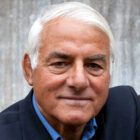
Allen Frances
Hospice CEO allegedly tells employees to hasten patient death to avoid caps on government reimbursements
Bradley Harris, the CEO of Novus Hospice in Frisco, Texas, and a dozen other Novus employees were sentenced to a combined 84 years in prison for committing healthcare fraud, according to D Magazine. The US Department of Justice reported that Novus staff were provided with pre-signed prescription pads and directed to dispense powerful medications like morphine and hydrocodone to patients, without guidance or oversight from physicians.
According to an earlier FBI investigation reported by NBC Dallas, Harris allegedly told employees to dose patients with more than the maximum allowed amount of painkillers to hasten patient death, with the goal of reducing the average patient stay to avoid caps on government reimbursement. The FBI investigation revealed that a Novus employee was allegedly sent a text message by Harris, “You need to make this patient go bye-bye.” It is unclear whether any patients were actually given overdoses or died from Harris’ instructions.
SOURCES: Will Maddox, D Magazine; US Department of Justice
JUDGES’ COMMENTS:
This behavior is abhorrent, cold and heartless

Susan Rogers
Individual and corporate greed, meet well intentioned yet perverse financial incentives.

Adam Elshaug
System keeps community hospital on life support to cash in on drug discount program meant to serve the poor
Image caption: Richmond Community Hospital.
The 340B drug program provides safety net hospitals with deep discounts on medications to ensure access to care for low-income patients. Richmond Community Hospital in Virginia, owned by Bon Secours Health System, has profited heavily off of this program, yet they don’t have an intensive care unit, maternity ward, or even a consistently-working MRI machine. That’s because Bon Secours has been diverting the profits from Richmond Community to its other hospitals in wealthier, whiter neighborhoods, according to a New York Times investigation. “Bon Secours was basically laundering money through this poor hospital to its wealthy outposts,” said a former Richmond ER doctor.
A spokeswoman for Bon Secours Mercy Health told the Times the hospital system spent $10 million on improvements to Richmond Community Hospital over the past decade. But that doesn’t seem like much considering the $108 million expansion at neighboring St. Francis Hospital, a nearby Bon Secours hospital.
*Note: The Lown Institute provided data to the New York Times about Providence Health System’s tax exemption for this piece.
SOURCE: Katie Thomas and Jessica Silver-Greenberg, The New York Times
JUDGES’ COMMENTS:
Skimming profits from the poor is the sleaziest kind of theft.

Carole Allen
Care facilities are thin on the ground in low-income areas nationally, which makes this story even more painful.

Casey Quinlan
Private equity-backed firm runs rural hospitals into ground, leaves patients in unsafe conditions and employees without health insurance
When Noble Health, a private equity-backed startup, bought two rural hospitals in Missouri, residents hoped this might offer a lifeline to the struggling institutions. Instead, hospital employees faced shortages in supplies and drugs, leading to unsafe conditions for patients, Kaiser Health News reported. Noble Health also stopped paying for employees’ health insurance despite deducting money out of their paychecks that was supposed to be for premiums. Some staff members now face hundreds of thousands in medical bills because they did not know they were uninsured, according to Kaiser Health News. Noble Health closed the hospitals two years later, after taking $20 million in federal COVID relief funds. The company is currently under federal investigation.
SOURCE: Sarah Jane Tribble, Kaiser Health News
JUDGES’ COMMENTS:
Private equity too often puts profits over patients, and is using the proceeds to swallow up the US healthcare system.

Allen Frances
Private equity corporations are one of the biggest threats to healthcare quality and justice.

Andrew Goldstein
Insurers systematically overbill Medicare Advantage, siphoning billions of taxpayer money
The majority of large Medicare Advantage insurers have been accused of fraud or overbilling by the US government, a New York Times investigation finds. Overpayments to Medicare Advantage insurers were estimated to cost taxpayers as much as $25 billion in 2020. Because the Medicare Advantage program pays private insurers a set amount per patient based on their risk, there is an incentive for insurers to “mine” patients for diagnoses—for example, adding diagnoses for old or resolved conditions.
While Mark Hamelburg, an executive at AHIP, an industry trade group, said to the Times that some coding differences were due to doctors “look[ing] at the same medical record in different ways,” some of the diagnoses were clearly inaccurate. In one case, insurer Independent Health added a diagnosis for prostate cancer to a woman’s record, because “when a married couple has any disease, both were assigned to that disease,” Bloomberg reported.
Among the top 10 Medicare Advantage providers by market share, the following have been accused of fraud or overbilling by the US government or Inspector General and have ongoing lawsuits as of 2022, according to the Times: UnitedHealth Group, CVS Health, Elevance Health, Kaiser Permanente, Blue Cross Blue Shield of Michigan, Cigna, and Highmark. These insurers have disputed the claims.
SOURCE: Reed Abelson and Margot Sanger-Katz, New York Times; John Tozzi, Bloomberg
JUDGES’ COMMENTS:
The overbilling of Medicare Advantage has become nothing but a big game that private insurers play. There are no rules, no morals, no sense of right or wrong.

Susan Rogers
The “advantage” in Medicare Advantage plans seems to go to the insurers who exploited Medicare for billions.

Gary Schwitzer
Judges for Shkreli Awards

Carole Allen, MD, MBA, FAAP
Immediate Past President
Massachusetts Medical Society (follow)
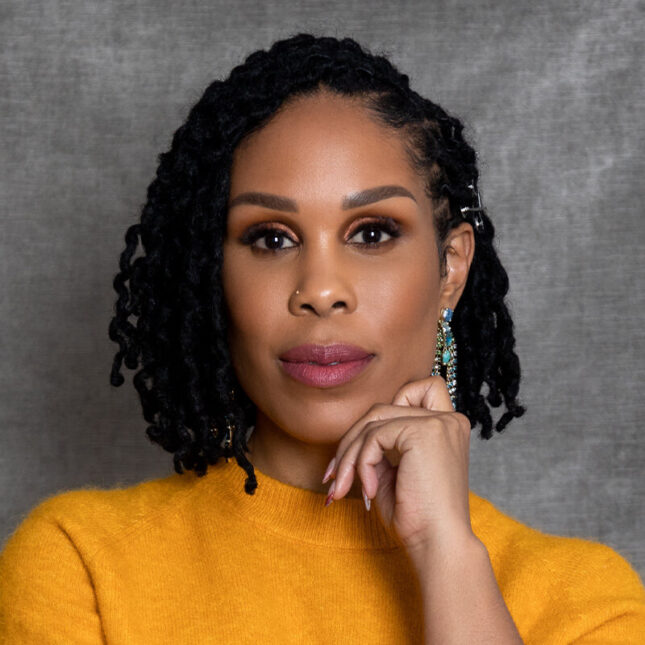
Uché Blackstock
Founder of Advancing Health Equity (follow)
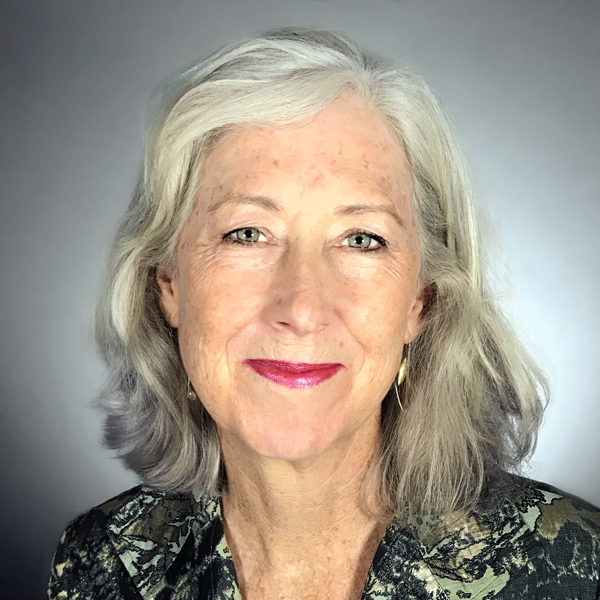
Shannon Brownlee
Special advisor to the president of the Lown Institute and lecturer at the George Washington University School of Public Health (follow)
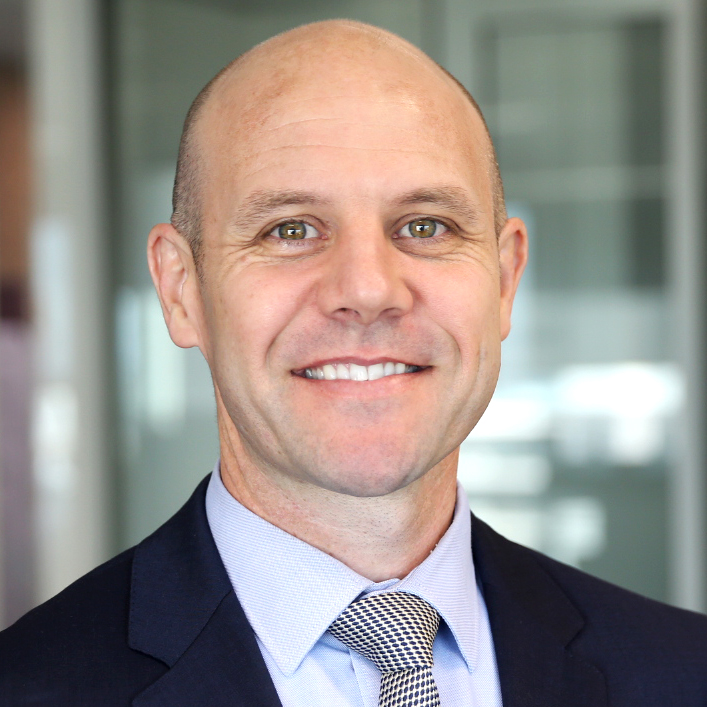
Adam Elshaug, MPH, PhD
Director of the Centre for Health Policy at University of Melbourne and senior fellow at the Lown Institute (follow)
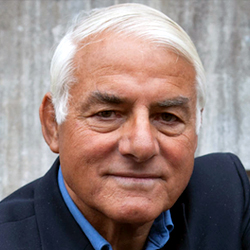
Allen Frances, MD
Professor and chair emeritus at Duke University School of Medicine (follow)
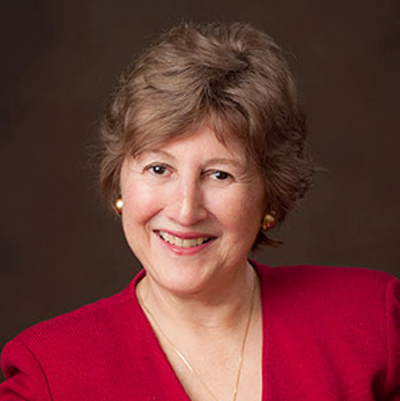
Patricia Gabow
Chair of the Lown Institute board of directors, former CEO of Denver Health

Amy Holden Jones
Creator and showrunner,
“The Resident” (follow)
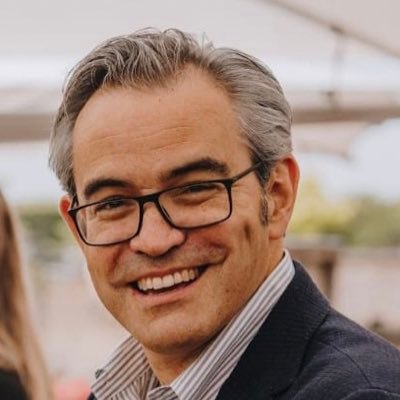
Victor Montori
Founder of The Patient Revolution, Professor of Medicine at the Mayo Clinic (follow)

Casey Quinlan
Founder of Mighty Casey Media, member of Digital Medicine Society (follow)

Reshma Ramachandran
MD, MPP, MHS
Assistant Professor, Yale School of Medicine; Co-Director, Yale Collaboration for Regulatory Rigor, Integrity, and Transparency (follow)

Susan Rogers, MD
President of Physicians for a National Health Program and retired internist at Cook County Hospital (follow)
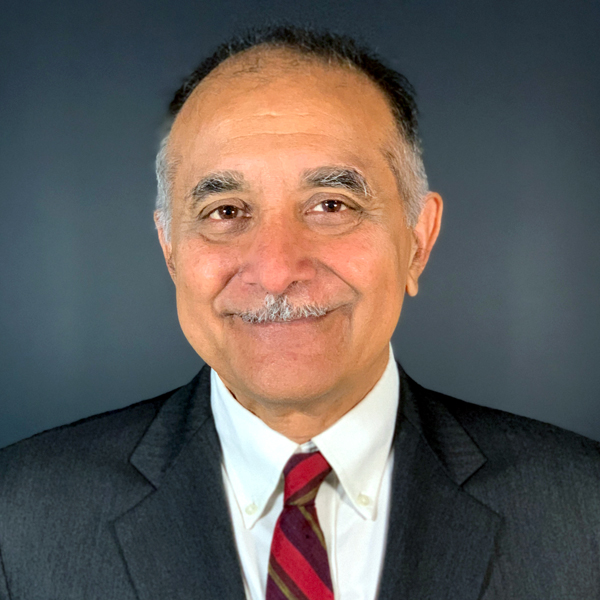
Vikas Saini, MD
President of the Lown Institute and co-chair of the Right Care Alliance (follow)
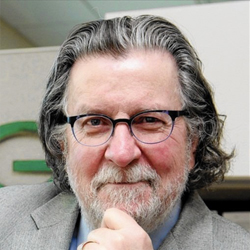
Gary Schwitzer
Adjunct associate professor at University of Minnesota School of Public Health and founder of HealthNewsReview.org (follow)
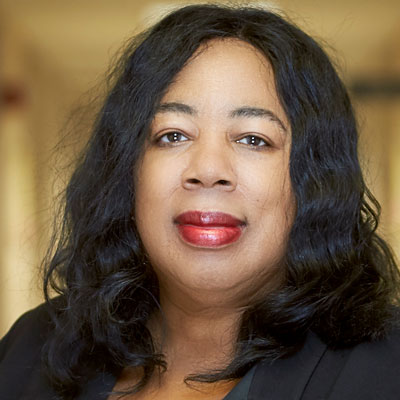
Harriet Washington
Lecturer for Columbia University Bioethics M.S. program, author of Medical Apartheid and Deadly Monopolies (follow)
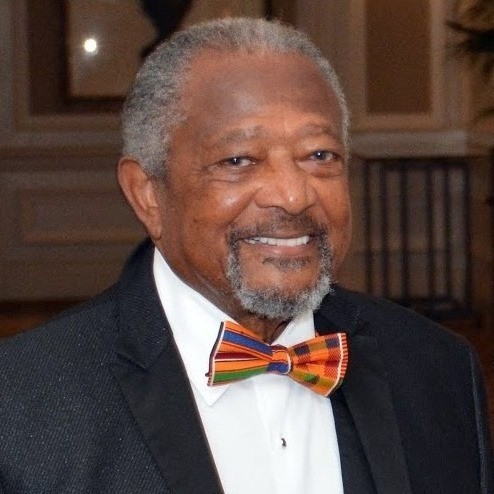
Richard Allen Williams
President of the Minority Health Institute, Clinical Professor of Medicine at UCLA School of Medicine, author of Blacks in Medicine (follow)


